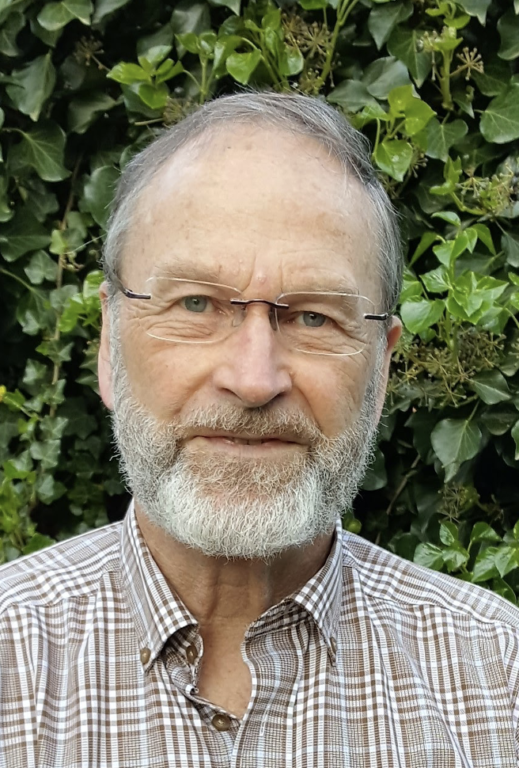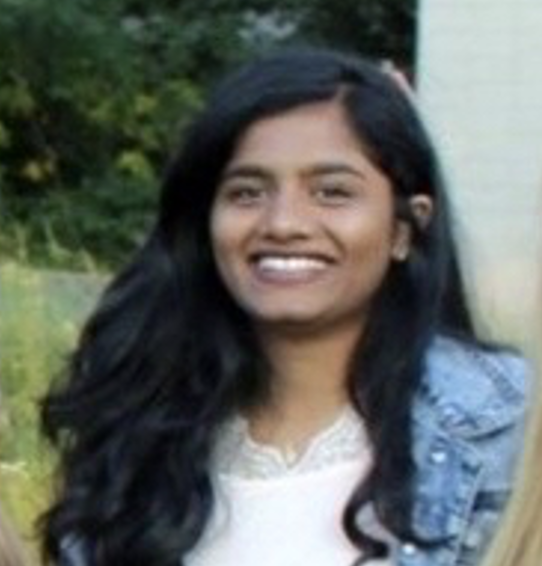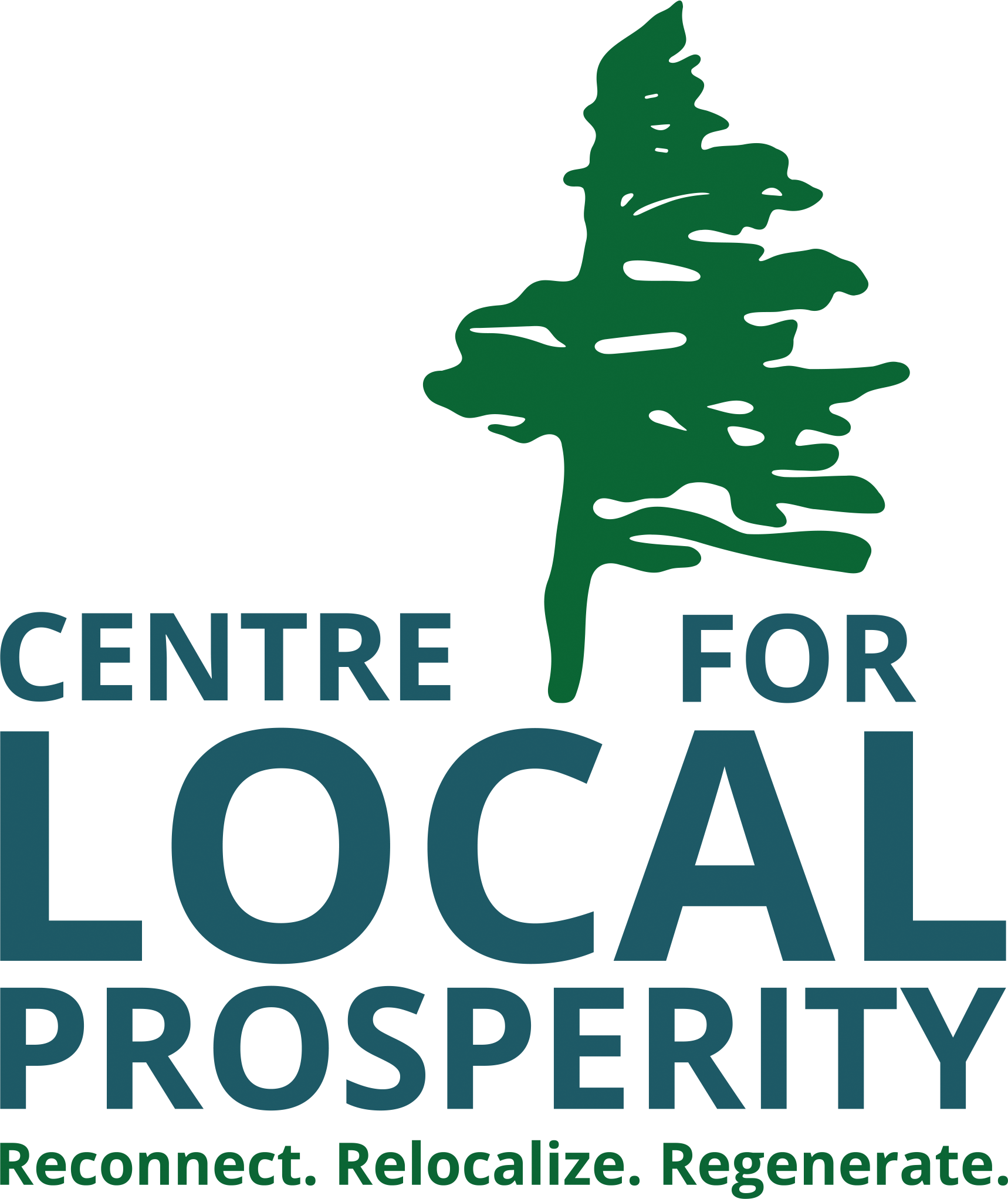
- This event has passed.
Our Global Climate, Our Human Prospect
September 7, 2021 @ 7:00 PM - 8:00 PM

The onset of the effects of climate change has been faster and more profound than many of the climate scientists had predicted. Tripping positive feedback loops, such as methane release from permafrost and deforestation of the Amazon, are accelerating impacts such as extreme weather events. Older generations can remember more stable and predictable weather – decades ago during times when economies were enjoying rapid growth. How valuable is a historical cultural context for the climate patterns we are seeing now, and how will these changes continue to affect society’s ability to maintain the status quo? Jim Abraham, a meteorologist with a focus on weather extremes during his career with Environment Canada, and William Rees, a ecological economist at Univ. of British Columbia, are both deeply involved in these issues and bring a broad historical perspective. Shalini Kathirgamanathan is a Junior Planner for the Strategic Policy Branch at Environment Climate Change Canada.
Join us for a fascinating discussion on how our climate has been changing over time, what dramatic effects it will have on our civilized way of life, and what local communities can do to face this situation.
Jim Abraham, William Rees and Shalini Kathirgamanathan will join Centre for Local Prosperity Host Robert Cervelli for a 1 hour discussion. The Webinar is from 7:00 to 8:00pm Atlantic time.
 Jim Abraham has spent over 40 years studying weather, water and climate. He is currently President of the Canadian Meteorological & Oceanographic Society. He is well known nationally and internationally, and is frequently invited as an expert by a variety of organizations and the media. As President of ClimAction Services Inc., he and colleagues assist municipalities, including African NS & Indigenous communities, to understand and adapt to climate change and extreme weather. Jim is also involved in some Eco-Justice initiatives within the Faith community. Jim started his career with Environment Canada at CFB Greenwood, then was transferred to Whitehorse, and on to Montreal where he learned to work in French. Subsequently, Jim managed a wide variety weather, water, and environmental operational and research programs, including meteorological research and the observing program for all of Canada, including the Arctic His most proud accomplishment was starting the Canadian hurricane forecast and research program, which included lead investigator for several reconnaissance flights into hurricanes threatening Canada. He survived. Jim was awarded the Patterson Medal for Meteorology in 2003, the Queens Jubilee Medal in 2013, and a Fellow of the Canadian Meteorological and Oceanographic Society in 2017.
Jim Abraham has spent over 40 years studying weather, water and climate. He is currently President of the Canadian Meteorological & Oceanographic Society. He is well known nationally and internationally, and is frequently invited as an expert by a variety of organizations and the media. As President of ClimAction Services Inc., he and colleagues assist municipalities, including African NS & Indigenous communities, to understand and adapt to climate change and extreme weather. Jim is also involved in some Eco-Justice initiatives within the Faith community. Jim started his career with Environment Canada at CFB Greenwood, then was transferred to Whitehorse, and on to Montreal where he learned to work in French. Subsequently, Jim managed a wide variety weather, water, and environmental operational and research programs, including meteorological research and the observing program for all of Canada, including the Arctic His most proud accomplishment was starting the Canadian hurricane forecast and research program, which included lead investigator for several reconnaissance flights into hurricanes threatening Canada. He survived. Jim was awarded the Patterson Medal for Meteorology in 2003, the Queens Jubilee Medal in 2013, and a Fellow of the Canadian Meteorological and Oceanographic Society in 2017.
 Dr William Rees is a population ecologist, ecological economist, Professor Emeritus and former Director of the University of British Columbia’s School of Community and Regional Planning. He is a founding member and former President of the Canadian Society for Ecological Economics; a Fellow of the Post-Carbon Institute; a founding Director of the OneEarth Initiative; and a Director of The Real Green New Deal. Prof Rees’ research focuses on the biophysical prerequisites for sustainability. He is best known as the originator and co-developer (with his graduate students) of ‘ecological footprint analysis,’ a quantitative tool that shows definitively that the human enterprise is in dysfunctional overshoot—we would need five Earth-like planets to support just the present world population sustainably with existing technologies at North American material standards. Such findings led to a special interest in cities as inherently unsustainable and particularly vulnerable components of the human ecosystem. Concerned about societal unresponsiveness to worsening indicators, Dr Rees also studies the biological and psycho-cognitive barriers to ecologically rational political behavior. He has authored hundreds of peer reviewed and popular articles on the above topics. Dr Rees was elected to Royal Society of Canada in 2006; his international awards include the Boulding Memorial Award in Ecological Economics, the Herman Daly Award in Ecological Economics and a Blue Planet Prize (jointly with his former student Dr Mathis Wackernagel).
Dr William Rees is a population ecologist, ecological economist, Professor Emeritus and former Director of the University of British Columbia’s School of Community and Regional Planning. He is a founding member and former President of the Canadian Society for Ecological Economics; a Fellow of the Post-Carbon Institute; a founding Director of the OneEarth Initiative; and a Director of The Real Green New Deal. Prof Rees’ research focuses on the biophysical prerequisites for sustainability. He is best known as the originator and co-developer (with his graduate students) of ‘ecological footprint analysis,’ a quantitative tool that shows definitively that the human enterprise is in dysfunctional overshoot—we would need five Earth-like planets to support just the present world population sustainably with existing technologies at North American material standards. Such findings led to a special interest in cities as inherently unsustainable and particularly vulnerable components of the human ecosystem. Concerned about societal unresponsiveness to worsening indicators, Dr Rees also studies the biological and psycho-cognitive barriers to ecologically rational political behavior. He has authored hundreds of peer reviewed and popular articles on the above topics. Dr Rees was elected to Royal Society of Canada in 2006; his international awards include the Boulding Memorial Award in Ecological Economics, the Herman Daly Award in Ecological Economics and a Blue Planet Prize (jointly with his former student Dr Mathis Wackernagel).
 Shalini Kathirgamanathan is a recent graduate from the School of Environment, Resources, and Sustainability at the University of Waterloo and is passionate about the intricate systems that make the world we live in. Shalini is interested in innovative and collaborative approaches to mitigating current environmental issues at a local to global scale and currently works as a Junior Planner for the Strategic Policy Branch at Environment Climate Change Canada. In the near future she hopes to pursue further studies on ecological monitoring in marginalized communities facing current threats of the climate crises and creating adaptive solutions.
Shalini Kathirgamanathan is a recent graduate from the School of Environment, Resources, and Sustainability at the University of Waterloo and is passionate about the intricate systems that make the world we live in. Shalini is interested in innovative and collaborative approaches to mitigating current environmental issues at a local to global scale and currently works as a Junior Planner for the Strategic Policy Branch at Environment Climate Change Canada. In the near future she hopes to pursue further studies on ecological monitoring in marginalized communities facing current threats of the climate crises and creating adaptive solutions.

